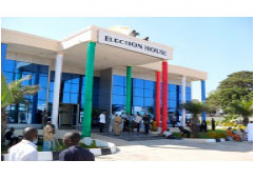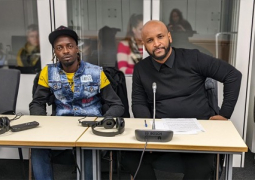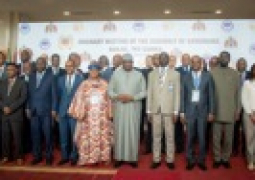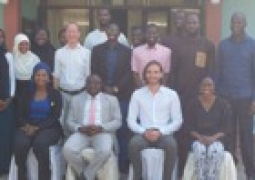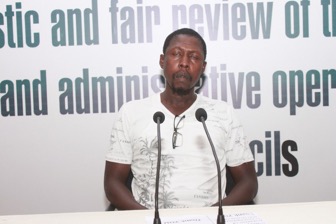
Pa Sanjaly Bojang’s testimony not only provided key information to the Commission but also elucidated some key information received by the panel of able inquirers.
He testified about the revenue collection machines they used at one point in time to collect revenue. Detailing how they collected revenue with such machines, he said: “You go to the business, you assess the shop and you add it to the system.
“If the person is to pay, then you have to call the IT department [at the council] and give them the code number of that very shop. When you give them the code number, then they would evaluate it, [and] they can have access to pay.”
Conversely, when the person is in the system, the revenue collector merely takes the previous receipt or a telephone of the former for the searching in the system. “When you search, you will see the information straight,” Bojang said, adding that once the information of the person or entity is in the system, it also features in the main IT system.
LGCI Counsel Patrick Gomez further asked him: “And how do you reconcile what you have collected and what is in the system? What do you do after that?”
The witness responded that once the collection is carried out, the information would go straight to the office.
“In fact, before you reach the office, you will find the amount you collected there already,” he said. “Then you go to the bank, deposit all the money and come with the receipt to the audit. That is the time you find the information that this is the amount you collect. We crosscheck from the bank slip with the information there from the IT.”
Bojang attested that the reconciliation used to be carried out every week on Thursday, but it has been changed to every Friday. He told the counsel that he would not joke with reconciliation.
Speaking during the intriguing session at the Djembe Hotel, Bojang explained that they had been using the POS (Point of Sale) machines from 2020 to 2023 around May or June. “I cannot remember exactly,” he told the panel of commissioners, admitting that he couldn’t give a specific timeline with regard to the month.
Bojang testified that prior to the gadgets and system, they were using GTRs for revenue collection, with each of them handed one to be used at a time.
These GTR books normally have 50 receipts and it usually took two months on average before it would be exhausted. There was one type containing 100 slips but they were hardly given that type, he said.
Whenever it was exhausted, the BAC revenue collector explained, it would be submitted to obtain another one, and they would sign for it.
He also said the GTR books would be submitted to the finance manager at the time - Yaya Bah.
He said they were also supplied with cashbooks where every transaction from the GTRs were recorded. “Before, we did not have a banking system. Before I moved to Licence, I was not depositing in the bank,” he attested, adding that at the time, the money was handed to the principal cashier after collection.
Bojang was also tasked to explain the issue of audit. “How often were you subjected to an audit?” the lawyer asked.
Bojang said they were audited on every submission by the internal audit. Before the principal cashier, he added, they would first be engaged by the internal audit.


